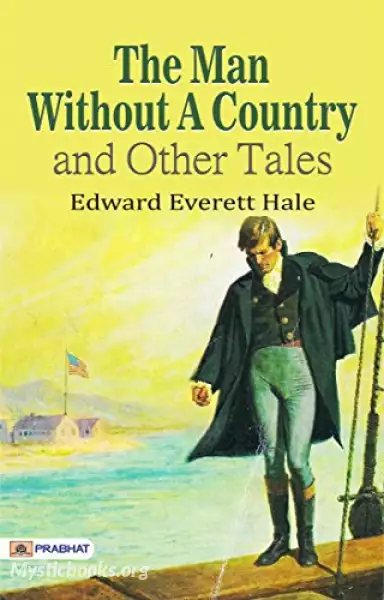
The Man Without A Country And Other Tales
'The Man Without A Country And Other Tales ' Summary
"The Man Without a Country" is a short story by American writer Edward Everett Hale, first published in The Atlantic in December 1863. It is the story of American Army lieutenant Philip Nolan, who renounces his country during a trial for treason, and is consequently sentenced to spend the rest of his days at sea without so much as a word of news about the United States.
The protagonist is a young US Army lieutenant, Philip Nolan, who develops a friendship with the visiting Aaron Burr. When Burr is tried for treason (that historically occurred in 1807), Nolan is tried as an accomplice. During his testimony, he bitterly renounces his nation and, with a foul oath, angrily shouts, "I wish I may never hear of the United States again!" The judge is completely shocked at that announcement and, on convicting him, icily grants him his wish. Nolan is to spend the rest of his life aboard US Navy warships in exile with no right ever to set foot on US soil again and with explicit orders that no one shall ever again mention his country to him.
The sentence is carried out to the letter. For the rest of his life, Nolan is transported from ship to ship, lives out his life as a prisoner on the high seas, and is never allowed back in a home port. Though he is treated according to his former rank, nothing of his country is ever mentioned to him. None of the sailors in whose custody Nolan remains is allowed to speak to him about the US, and his newspapers are censored. Nolan is unrepentant at first, but over the years, he becomes sadder and wiser and desperate for news. One day, as he is being transferred to another ship, he beseeches a young sailor never to make the same mistake that he had: "Remember, boy, that behind all these men... behind officers and government, and people even, there is the Country Herself, your Country, and that you belong to her as you belong to your own mother. Stand by her, boy, as you would stand by your mother...!" On one such ship, he attends a party in which he dances with a young lady he had once known. He then beseeches her to tell him something, anything, about the US, but she quickly withdraws and no longer speaks to him.
Deprived of a homeland, Nolan slowly and painfully learns the true worth of his country. He misses it more than his friends or family, more than art or music or love or nature. Without it, he is nothing. Dying aboard the USS Levant, he shows his room to an officer, Danforth. It is "a little shrine" of patriotism. The Stars and Stripes are draped around a picture of George Washington. Over his bed, Nolan has painted a bald eagle, with lightning "blazing from his beak" and claws grasping the globe. At the foot of his bed is an outdated map of the United States, showing many of its old territories that had, unbeknownst to him, been admitted to statehood. Nolan smiles, "Here, you see, I have a country!"
The dying man asks desperately to be told the news of American history since 1807, and Danforth finally relates to him almost every major event that has happened to the US since his sentence was imposed; the narrator confesses, however, "I could not make up my mouth to tell him a word about this infernal rebellion" (the Civil War). Nolan then asks him to bring his copy of the Presbyterian Book of Public Prayer and to read the page at which it automatically opens. Here are the words: "Most heartily we beseech Thee with Thy favor to behold and bless Thy servant, the President of the United States, and all others in authority." Nolan says, "I have repeated those prayers night and morning, it is now fifty-five years." Every day, he had read of the US but only in the form of a prayer to uphold its leaders since the US Navy had neglected to keep that book from him, which is the supreme irony of the story.
Nolan asks him to have them bury him in the sea and have a gravestone placed in memory of him at Fort Adams, Mississippi, or at New Orleans. When he dies later that day, he is found to have drafted a suitably patriotic epitaph for himself: "In memory of PHILIP NOLAN, Lieutenant in the Army of the United States. He loved his country as no other man has loved her; but no man deserved less at her hands."
Book Details
Language
EnglishOriginal Language
EnglishPublished In
1863Genre/Category
Tags/Keywords
Authors
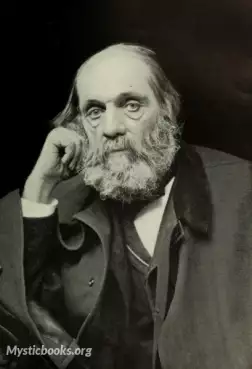
Edward Everett Hale
United States
Edward Everett Hale was an American author, historian, and Unitarian minister, best known for his writings such as "The Man Without a Country", published in Atlantic Monthly, in support of the Union d...
Books by Edward Everett HaleDownload eBooks
Listen/Download Audiobook
- Select Speed
Related books
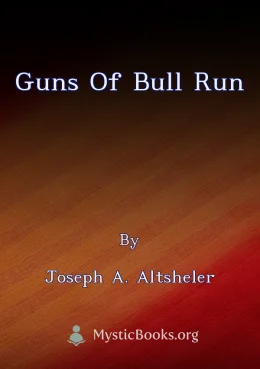
Guns of Bull Run by Joseph A. Altsheler
Guns of Bull Run is a historical novel that follows the adventures of Harry Kenton, a young man from Kentucky who travels to South Carolina on a secre...

Για την Πατρίδα by Penelope Delta
“Για την Πατρίδα” is a captivating tale set against the backdrop of the Greek War of Independence. The story follows the lives of individuals who are...

Alarm Clocks by Joyce Kilmer
Alarm Clocks by Joyce Kilmer is a collection of poems that explores the themes of war, religion, and patriotism. Kilmer, a devout Catholic and America...
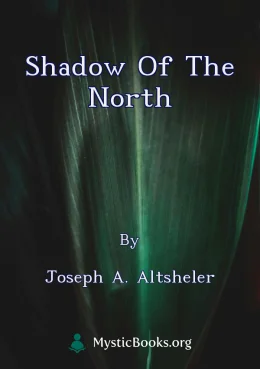
Shadow of the North by Joseph A. Altsheler
Shadow of the North is a historical fiction novel set during the French and Indian War in North America in the 18th century. It is the second book in...
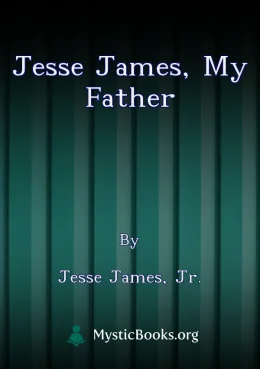
Jesse James, My Father by Jesse James, Jr.
This biography, written by Jesse James' son, Jesse James Jr., provides a personal glimpse into the life of the notorious outlaw. It focuses on his chi...
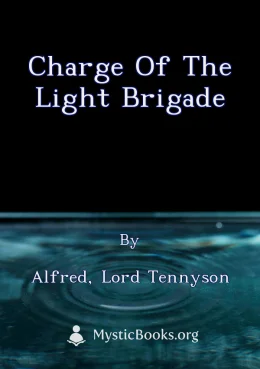
Charge of the Light Brigade by Alfred, Lord Tennyson
Alfred, Lord Tennyson's "Charge of the Light Brigade" is a powerful and moving poem that commemorates the tragic and heroic charge of the British Ligh...
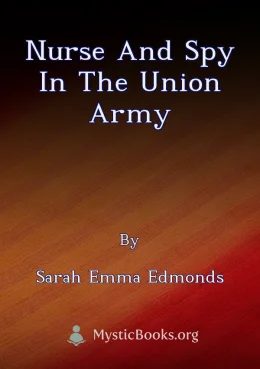
Nurse and Spy in the Union Army by Sarah Emma Edmonds
This book is a firsthand account of the experiences of Sarah Emma Edmonds, a woman who disguised herself as a man and served as both a nurse and a spy...

Bailén by Benito Pérez Galdós
Bailén is a historical novel set during the Peninsular War between Spain and France. The novel follows the story of Gabriel de Araceli, a young man wh...

Double Traitor by E. Phillips Oppenheim
Set before the outbreak of World War I, "Double Traitor" follows Francis Norgate, an aspiring British diplomat disillusioned by his government's compl...
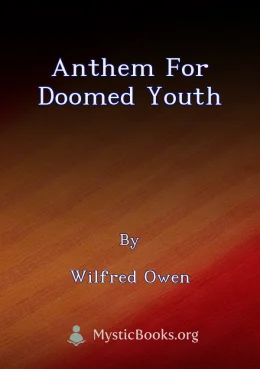
Anthem for Doomed Youth by Wilfred Owen
LibriVox volunteers bring you 12 different recordings of Anthem for Doomed Youth, by Wilfred Owen, in honor of Veteran’s Day, Remembrance Day, and Arm...
Reviews for The Man Without A Country And Other Tales
No reviews posted or approved, yet...